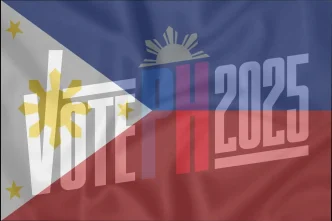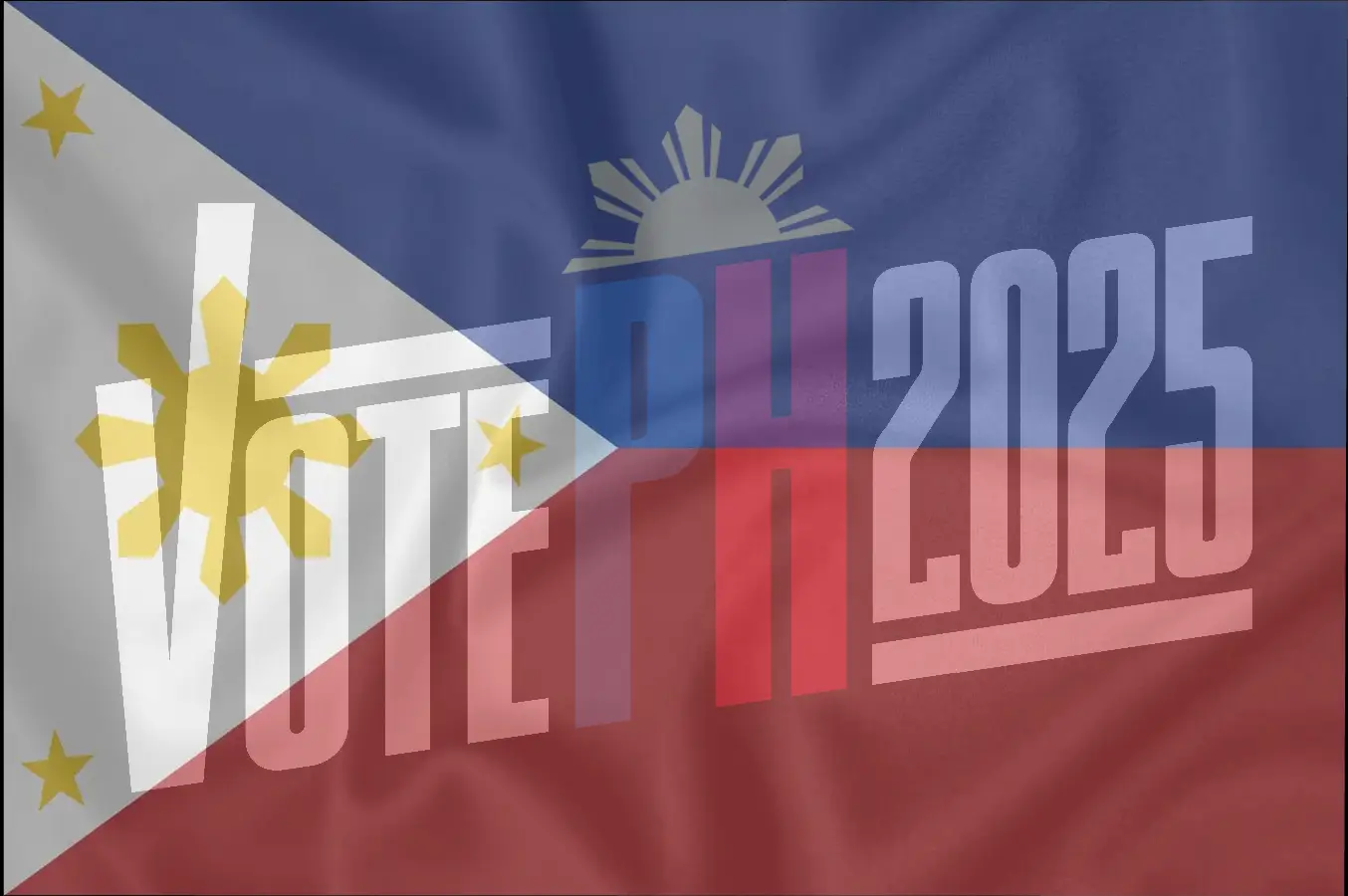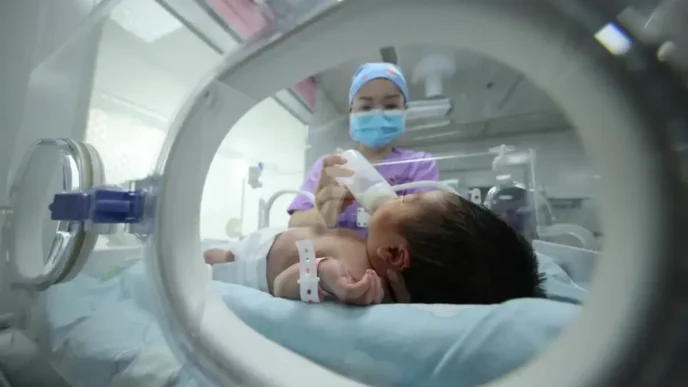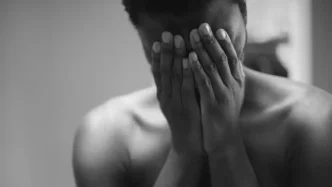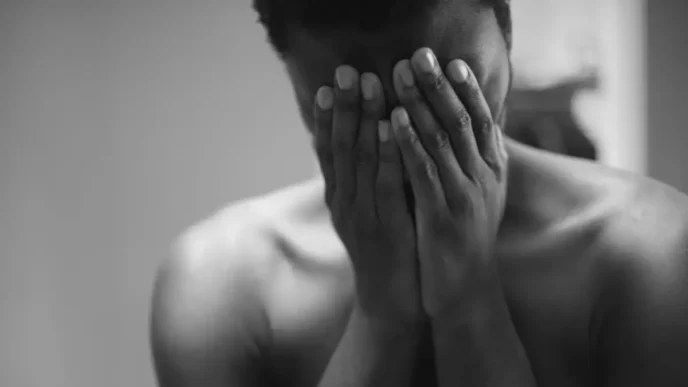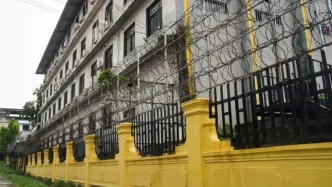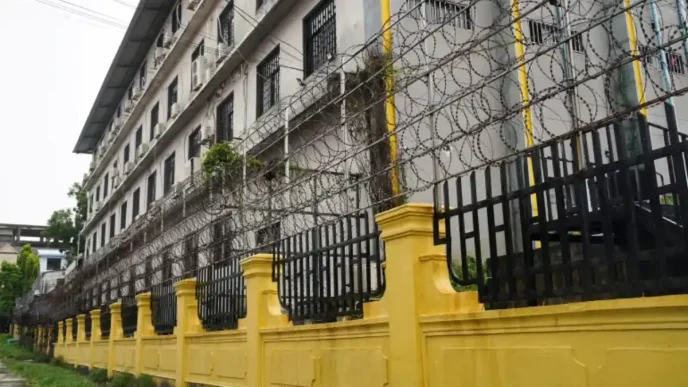With the Philippine midterm elections set for May 12, 2025, the stark financial disparity among Senate candidates has emerged as a defining issue of the campaign. As the 90-day campaign period kicked off on February 11, the contrast was evident: while some candidates rallied in public parks and barangay halls, others hosted lavish events in stadiums and exclusive venues. This divide reflects a deeper reality in Philippine politics—access to wealth often determines a candidate’s visibility and reach in a nation of over 68 million registered voters.
The Cost of Visibility
Campaigning across the Philippine archipelago, from Batanes in the north to Tawi-Tawi in the south, is a costly endeavor. Estimates suggest that reaching every voter could require between 205 million Philippine Pesos (US$3.5 million) and 343 million Philippine Pesos (US$5.9 million), a staggering sum for most candidates. For many, especially those without significant personal wealth or powerful backers, this financial barrier makes a competitive campaign nearly impossible.
The disparity is underscored by data compiled by INQUIRER.net on the Statements of Assets, Liabilities, and Net Worth (SALN) of 22 Senate candidates, most of whom have served in government. At one end of the spectrum is Rep. Arlene Brosas of Gabriela, with a declared net worth of just 518,660 Philippine Pesos (US$9,000) as of 2018, making her the least wealthy among those surveyed. At the other extreme is former world boxing champion and current Senator Manny Pacquiao, whose net worth was reported at 3.2 billion Philippine Pesos (US$55 million) in 2020.
Other candidates in the lower wealth bracket include Rep. France Castro of ACT Teachers with 912,809 Philippine Pesos (US$16,000) as of 2018 and labor activist Leody de Guzman with an estimated 1 million Philippine Pesos (US$17,000) as of 2022. In contrast, among the wealthiest are Senator Bong Revilla with 179.9 million Philippine Pesos (US$3.1 million) and former Senate President Tito Sotto with 85.6 million Philippine Pesos (US$1.5 million), both as of 2020.
Public Office, Private Wealth
The financial standing of candidates often stands in sharp contrast to their public salaries. Senators and members of the House of Representatives are classified under Salary Grade 31, earning a minimum of 278,000 Philippine Pesos (US$4,800) per month, according to the Department of Budget and Management. For candidates like Brosas and Castro, their modest declared assets align closely with expectations of a public servant’s income. However, for others, such as Pacquiao and Revilla, their wealth—often amassed through business ventures or prior careers—far exceeds what could be accrued through government service alone.
This raises questions about the sources of wealth and the influence of money in politics. While there is no evidence to suggest impropriety in the accumulation of wealth by these candidates, the disparity highlights a structural issue: those with significant resources can fund expansive campaigns, hire large teams, and dominate media spaces, while others struggle to be heard.
Access to Financial Disclosures
Transparency in candidates’ finances has also become a contentious issue. Under Republic Act No. 6713, the Code of Conduct and Ethical Standards for Public Officials and Employees, SALNs are supposed to be accessible to the public for ten years after filing, as a means to promote accountability and ethical standards in public service. The law emphasizes that officials must “lead modest lives” and prioritize public interest over personal gain.
However, since 2020, the Office of the Ombudsman has restricted public access to these documents, limiting their release to specific circumstances. This decision has sparked debate, with critics arguing it undermines transparency. During a GMA Network debate in February 2025, 11 out of 12 attending Senate candidates supported public access to SALNs, including former Commission on Audit commissioner Heidi Mendoza, who expressed willingness to sign a waiver for her own records from 2015. The sole dissenter, lawyer Vic Rodriguez, who briefly served as executive secretary under President Ferdinand Marcos Jr., opposed the idea.
Wealth and Voter Perception
Despite calls for greater representation of diverse economic backgrounds, recent surveys indicate that wealthier candidates continue to dominate voter preference. A Social Weather Stations (SWS) poll conducted from April 11 to 15, 2025, placed well-known and financially backed candidates at the top of the list of likely Senate winners. Among them are the Tulfo brothers, Erwin and Ben, as well as Las Piñas Rep. Camille Villar, daughter of billionaire businessman and former senator Manny Villar. Makati City Mayor Abby Binay, with a declared net worth of 47.5 million Philippine Pesos (US$820,000) from her last year in the House of Representatives, also ranks highly.
Trailing behind in the survey is actor and TV host Willie Revillame, whose public persona and media presence may compensate for a lack of political experience or disclosed wealth. These results suggest that name recognition and financial clout remain powerful predictors of electoral success, often overshadowing candidates with grassroots appeal but limited resources.
Voices from the Margins
Amid the dominance of wealthier contenders, some candidates are pushing for a more inclusive political landscape. Peasant activist Danilo Ramos, who symbolically rode a carabao in Bulacan at the campaign’s start, emphasized during a youth-oriented forum on March 15 that poorer candidates deserve a chance to serve in the Senate. Similarly, labor activist Leody de Guzman and others in the lower wealth bracket are campaigning on platforms of social justice and economic equity, resonating with voters frustrated by systemic inequality.
Yet, the structural barriers remain daunting. Campaigning on a national scale requires not just personal funds but also a network of supporters and donors—resources that are often more accessible to established political dynasties or celebrities than to grassroots activists. If these trends persist, the Senate may continue to reflect the interests of a narrow, affluent elite rather than the broader population.
The Role of Dynasties and Celebrity
Philippine politics has long been shaped by political dynasties and celebrity candidates, a trend that appears unbroken in the 2025 elections. Families like the Villars, Marcoses, and Cayetanos feature prominently among the top contenders, with significant financial and political capital at their disposal. Senator Imee Marcos, with a net worth of 36.3 million Philippine Pesos (US$625,000) as of 2020, exemplifies the enduring influence of entrenched political names.
Celebrity candidates, such as Pacquiao and Revillame, bring their own advantages. Their public recognition allows them to bypass some of the financial hurdles faced by lesser-known candidates, as their fame translates into free media exposure. This dynamic further tilts the playing field, making it challenging for new voices to emerge.
Looking Ahead: Can Equity Prevail?
As the May 12 election approaches, the financial disparity among Senate candidates raises broader questions about the state of democracy in the Philippines. While the law mandates ethical conduct and accountability from public officials, the reality of campaign financing often privileges wealth over merit. If poorer candidates continue to be sidelined, the Senate risks becoming an echo chamber for the elite, disconnected from the struggles of ordinary Filipinos.
Yet, there are glimmers of hope. The strong public support for SALN transparency, as evidenced in the GMA Network debate, suggests a growing demand for accountability. Candidates like Ramos and de Guzman, though underfunded, are amplifying critical issues of inequality and representation. Whether these voices can translate into votes remains uncertain, but their presence is a reminder that elections are not just about winning—they are about shaping the conversation for a more inclusive future.

